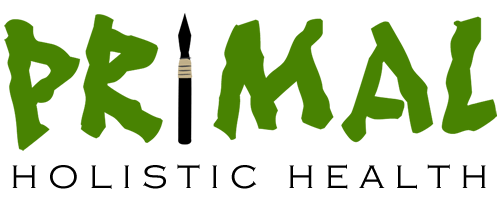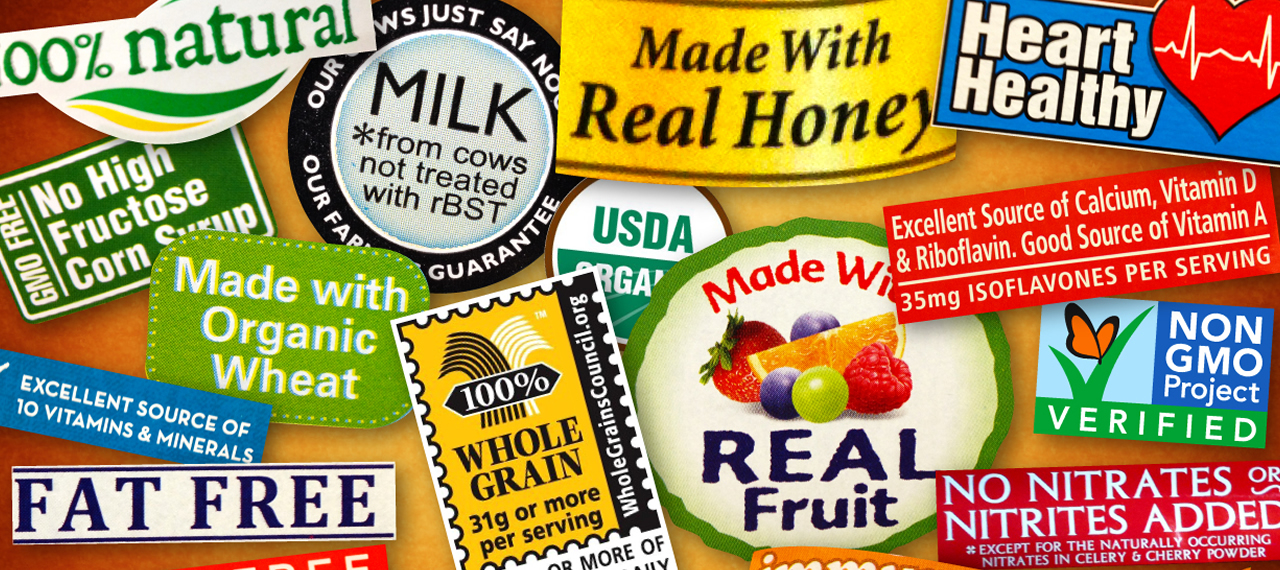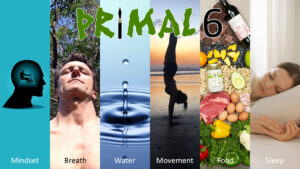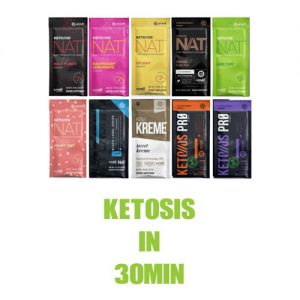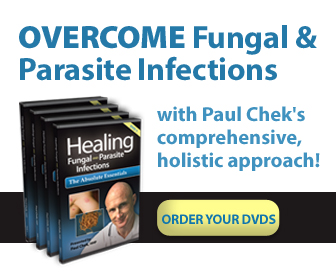Walking down the aisle of the supermarket (yes, I go in occasionally for toilet paper and raw cheese), it’s easy to see why everyone is confused about what to eat. In every aisle, for almost every type of product, there are dozens of choices and each one claims to be healthier than the next. Hmmm, this one is low-fat and all-natural, but this one is sugar-free with added bran. Should I get the one with that’s fortified with vitamins or the one that’s low GI? So many marketing buzz words are plastered all over every package in the place, designed to make us feel good about whichever box we finally choose to put in our basket. At the health food store, the scene is much the same. The place is smaller, the choices aren’t as vast, but the buzz words still swarm. You can have the natural, organic, certified organic or biodynamic option. You can go gluten-free, high-protein, dairy-free, vegan or raw. You even have the luxury of your choice of superfoods! Da da da…superfood!
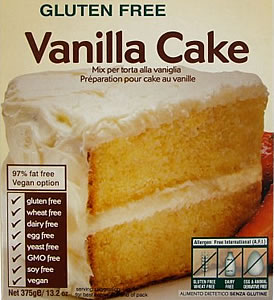
In the end, you get home with boxes and bags of products. Not a lot of real, whole food, but a lot of cleverly-marketed products. You have an initial pride in knowing that you got the healthier option, that you’ve gone gluten-free or dairy-free. However, when you still feel hungry all the time, low on energy and frustrated that you can’t lose that extra body fat, you get confused. You get on the internet to read more forums and health articles to see if you did make the right choice at the supermarket. Well if you’re reading this, you’ve finally found the article that will stop your confusion forever, because I’m going to give it to you straight and simple. Ignore the health fad labels and buy real whole animal and plant food.
There are No Labels on a Carrot
Although there is no label proclaiming its benefits, a carrot is dairy-free, gluten-free, low-sugar, all-natural, and full of vitamins (no fortifying needed). So is an apple, a chicken thigh, an eggplant, a steak, a tomato, an egg, a bunch of spinach. When you buy animal and plant food in its natural state, you don’t need a label. You can trust that nature put the right amount of everything in that food to nourish your body and make you feel great. You don’t have to stress about lean pork loin versus fatty pork belly or skinless chicken breast versus chicken leg. Nature will give you the right balance of protein and fat in a healthy animal, all you have to do is enjoy the variety of meats that are available to you. You don’t have to stress which fruits and vegetables are higher GI or starchier. Simply enjoy a variety of plant foods and listen to your body to see which ones make your body function best. That’s it. No packages with persuasive and confusing labels, just real food. The easiest way to satisfy your hunger, energy and nutritional needs, which will then discourage weight-gain and illness, is to eat unpackaged animals, vegetables and fruits.
I realise that there are some other real foods that you may want to eat and are still confused about. What about grains? What about dairy products? What about nuts, seeds and legumes? So let’s clear all that up right now too. Grains work for some bodies and not others. Grains should only be eaten in their whole, unprocessed state. Grains are also difficult for humans to digest if they are not soaked first. And gluten, a protein in certain grains, causes havoc in many people’s bodies. See why grains are complicated? Dairy can be a superfood, but only if it’s raw, unpasteurised, unhomogenised from healthy grass-fed animals. If you can find good dairy like that, by all means, eat it! Nuts, seeds and legumes are also foods that should be soaked before human consumption, and work better for some people’s bodies than others. If you really want to eat these foods, learn more and follow the rules.
What About Organic and Biodynamic?
And speaking of rules, what about those labels saying organic, certified organic, and biodynamic? The easiest way around any confusion is to buy your meat and veg from the farmers themselves at your local farmers market. Ask the farmers questions until you find animal foods from free-ranging, grass-fed only animals, and plant foods free from artificial fertilisers, chemical pesticides, herbicides and any topical waxes. These foods may not be certified or labelled organic, but you will know that they are. Otherwise, the word organic on a package does not mean much at all. A certified organic label, however, is only put on food packages that adhere to certain standards, so for those foods that always come in a package, such as oils, look for the certified organic label. Biodynamic is a type of organic farming, so can be a great choice, as long as the food itself is also a good choice. Don’t ever let the health industry buzz words be the only factor in your decision to buy food.
We’ve only become consumed with these buzz words in the last century. Our ancestors never felt overwhelmed with low-fat and gluten-free labels, as they simply ate the plant and animal foods that were available to them. Even vegetarianism was not a choice, but simply a matter of having less animal foods available. Today, we have more food available to us than we really need. We are filling ourselves to the brim with nutrient deficient, over-processed, “health-foods”, so there’s no room left for the real foods. Changing this is as simple as eating that carrot, apple, chicken thigh, eggplant, steak, tomato, egg, and bunch of spinach. No labels, no buzz words, no health fads.
Which health fad labels have you been sucked in by?
Eat Healthy by Ignoring Health Food Labels – November 2012
